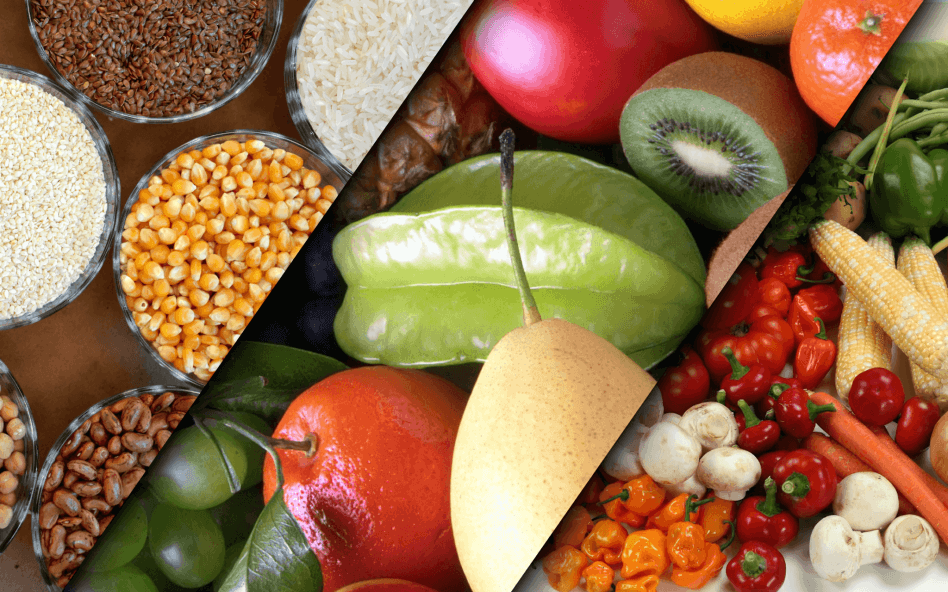
“
Understanding how to manage weight & metabolism in old age is vital for preserving energy, reducing health risks, and promoting overall well-being. As we age, our bodies naturally slow down, leading to changes in metabolism, muscle mass, and how we process food. These changes can make weight management more challenging. 1
1
”
Psychiatrist Viktor Frankl believed purpose builds resilience. Older adults with daily goals often show steadier metabolism and improved weight control, both physically and emotionally. 1
Muscle mass naturally decreases with age, slowing metabolism. Strength training at least twice weekly—such as using light weights or resistance bands—helps preserve muscle and burn calories. 2

Muscle mass naturally decreases with age, slowing metabolism. Strength training at least twice weekly—such as using light weights or resistance bands—helps preserve muscle and burn calories.
Walking remains one of the safest and most effective ways for seniors to boost metabolism. A brisk 30-minute walk daily improves cardiovascular health, burns fat, and aids digestion naturally. 3
Sleep quality deeply affects metabolism. Seniors who get 7–8 hours of restful sleep nightly often maintain better insulin levels, reduced cravings, and steadier weight over time. 4
Skipping meals can backfire in older adults, slowing metabolism even further. Instead, smaller, frequent meals every 3–4 hours help regulate blood sugar and maintain energy levels throughout the day. 5
Digestive efficiency often declines with age, leading to slower metabolism. Incorporating probiotics like yogurt or fermented foods may support gut health, improving nutrient absorption and weight control. 6
Daily stretching or yoga not only increases mobility but also enhances circulation and metabolism. Gentle movements also reduce cortisol, a stress hormone tied to abdominal weight gain in aging adults. 7

High-sugar and high-sodium foods disrupt metabolism and contribute to weight gain. Seniors benefit greatly from natural foods, such as fruits, vegetables, and whole grains, for stable energy.
Including healthy fats like olive oil, avocado, and nuts in meals helps older bodies absorb fat-soluble vitamins while keeping metabolism active and supporting heart and brain health. 8
Stress affects weight and metabolism at all ages, especially in seniors. Meditation, social engagement, and light hobbies can reduce stress levels and stabilize hormone-related weight gain patterns. 9
Lifting household objects or doing light chores counts as a daily activity that keeps metabolism active. Regular movement—even if mild—adds up and supports long-term weight maintenance. 10
Seniors with a consistent mealtime routine tend to have better digestion and metabolism. Eating meals around the same time daily supports the body’s natural clock and improves metabolic rhythm. 11
Intermittent fasting isn’t for everyone, but under medical supervision, time-restricted eating may improve metabolism for some seniors. It’s vital to ensure nutrient needs are still met during eating windows. 12

Keeping food journals helps seniors stay mindful of their eating habits. Writing down meals and activity levels can uncover hidden patterns that affect metabolism or cause gradual weight gain.
Even a modest weight loss of 5–10% in overweight seniors significantly improves metabolic health, reducing risks of type 2 diabetes and joint pain, especially when paired with increased movement. 13
Cooking meals at home allows better control over portions and ingredients. Reducing restaurant or processed food intake helps manage weight by avoiding hidden sugars, fats, and oversized servings. 14
Gardening is not only therapeutic but also helps with weight management. It combines movement, exposure to vitamin D, and emotional well-being—all of which benefit metabolism in older adults. 15
Seniors with consistent social interaction tend to maintain healthier weights. Isolation can lead to emotional eating or inactivity, while companionship often encourages movement and mindful eating habits. 16
Philosopher Thich Nhat Hanh emphasized mindful living. Seniors who eat slowly, savor each bite, and pay attention to hunger signals often experience better digestion and metabolism. 17


